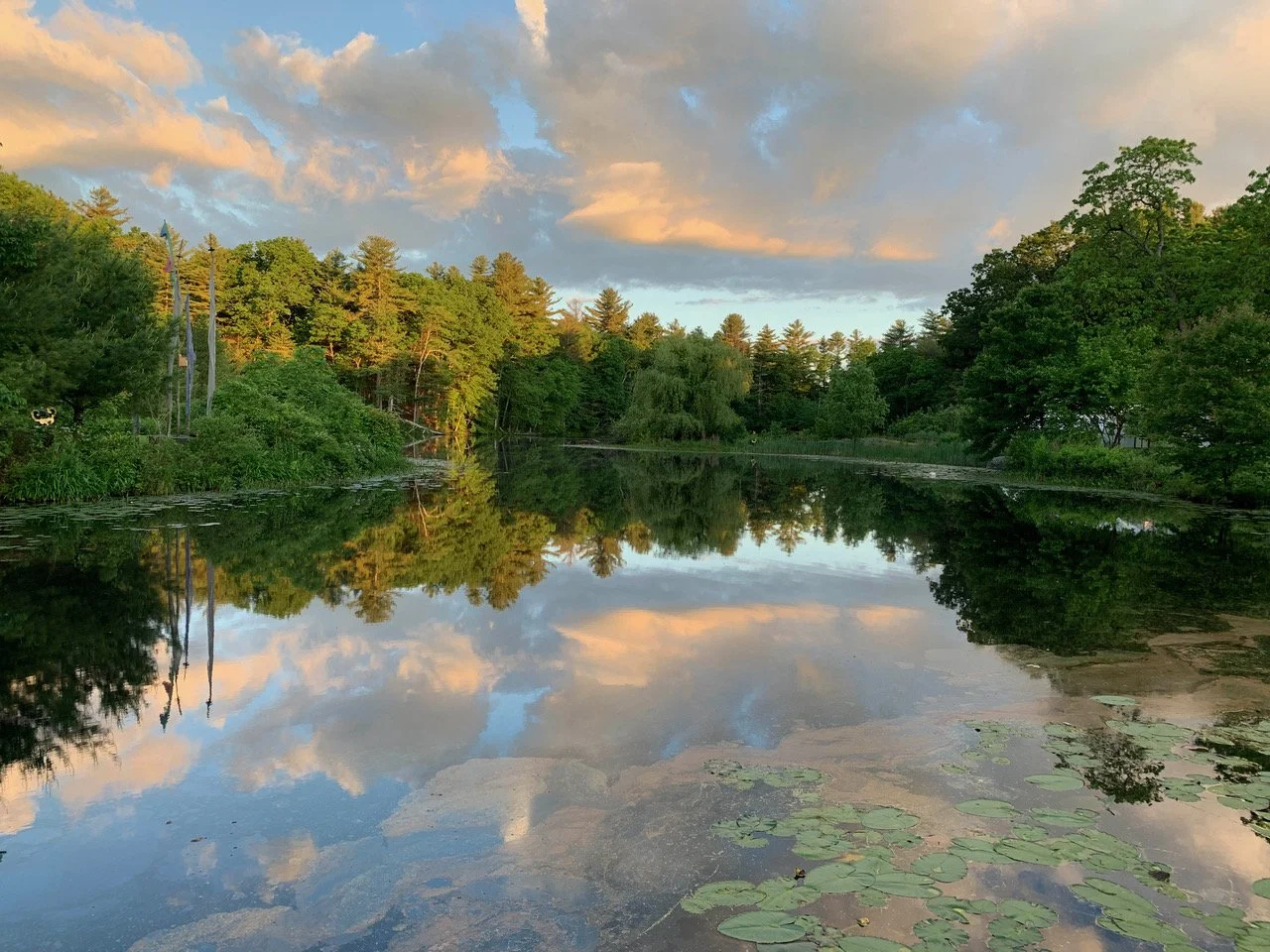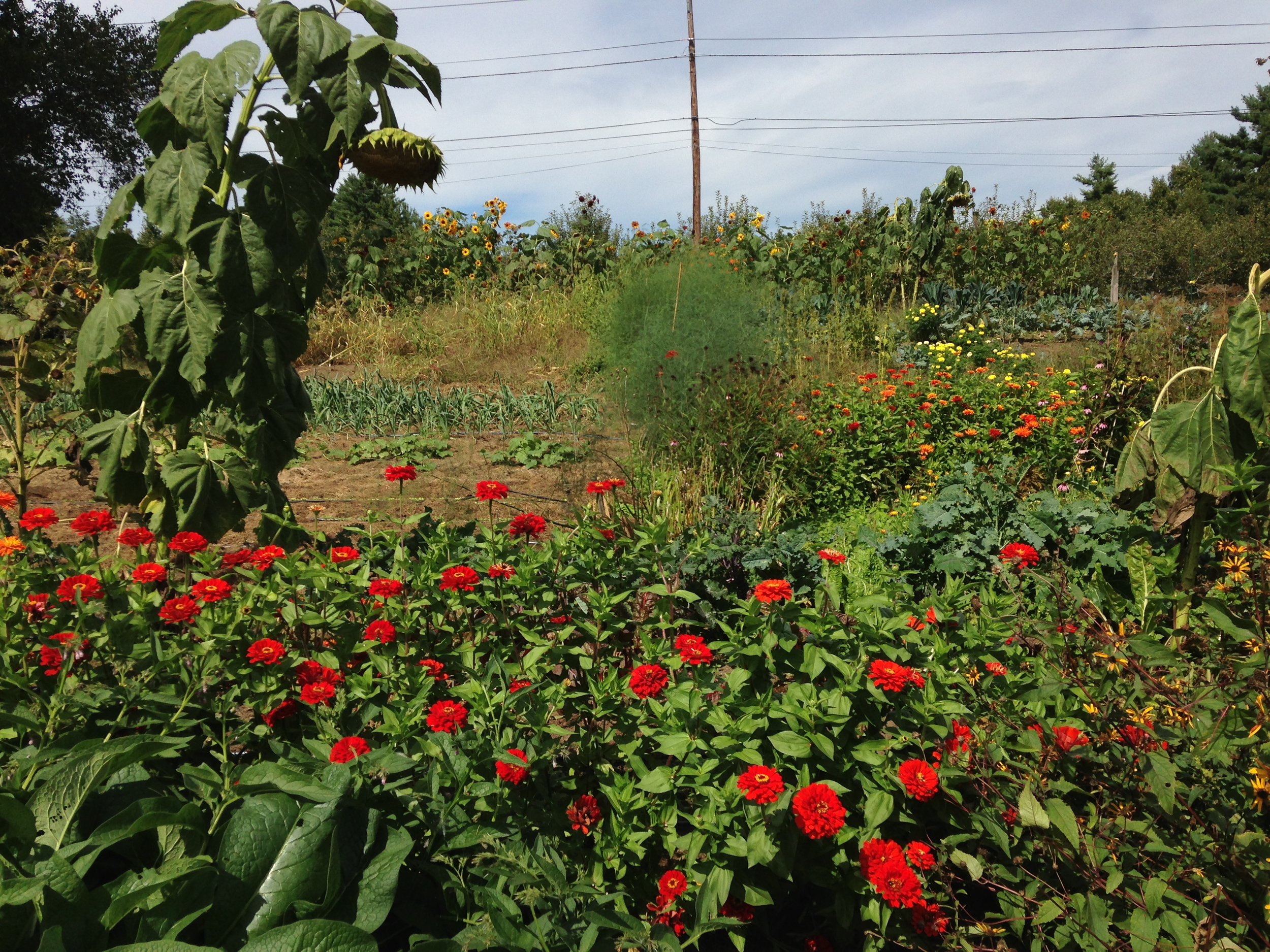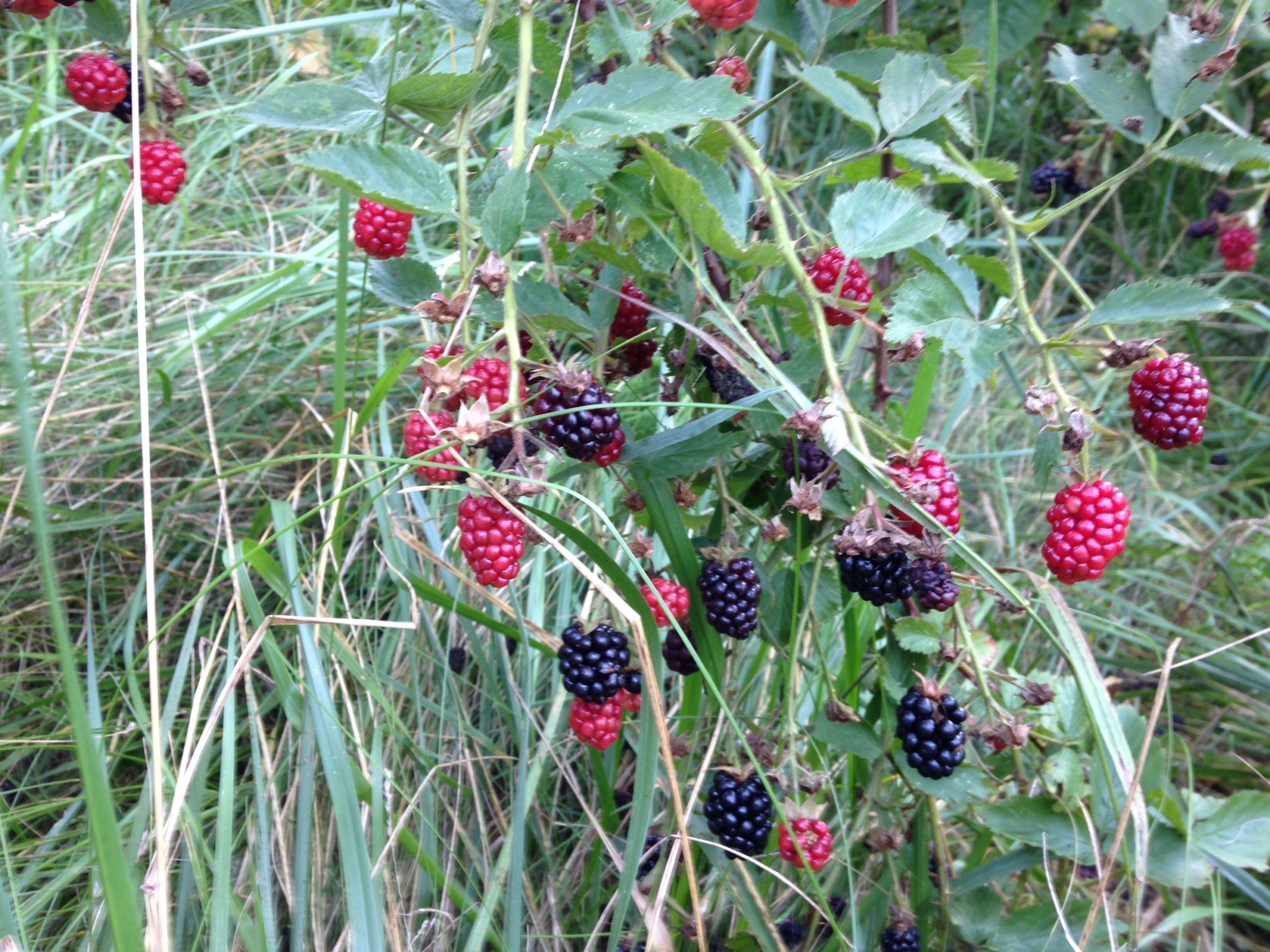December 2014
/Winter Squash
by Charles W. Pratt
In bare December, the spirit seeks out matter.
You turn from the window and go down to the cellar,
Past braids of onions hanging from the rafters,
Sacks of potatoes and carrots, boxes of apples,
To stroke the hard smooth skin of the winter squashes,
Tawny butternut and ribbed green acorn,
Row after row on shelves, like words in Webster’s,
Waiting. You pick one up. Sun on your shoulder
Weighs as you stoop to plant, to weed, to water.
Cool and dark, you stand in the buried cellar
Forming your sentence, then climb back up to winter.
From From the Box Marked Some Are Missing by Charles Pratt, Volume I of the Hobblebush Granite State Poetry Series, Hobblebush Books. Book available at
http://www.hobblebush.com/pages/FromTheBox.html
Charles W. Pratt taught English for more than 25 years, mostly at Phillips Exeter Academy, before he and his wife Joan bought a small apple orchard in Brentwood, New Hampshire, and became apple-growers. In addition to From the Box Marked Some Are Missing, he has two previous collections: In the Orchard and Still Here.





